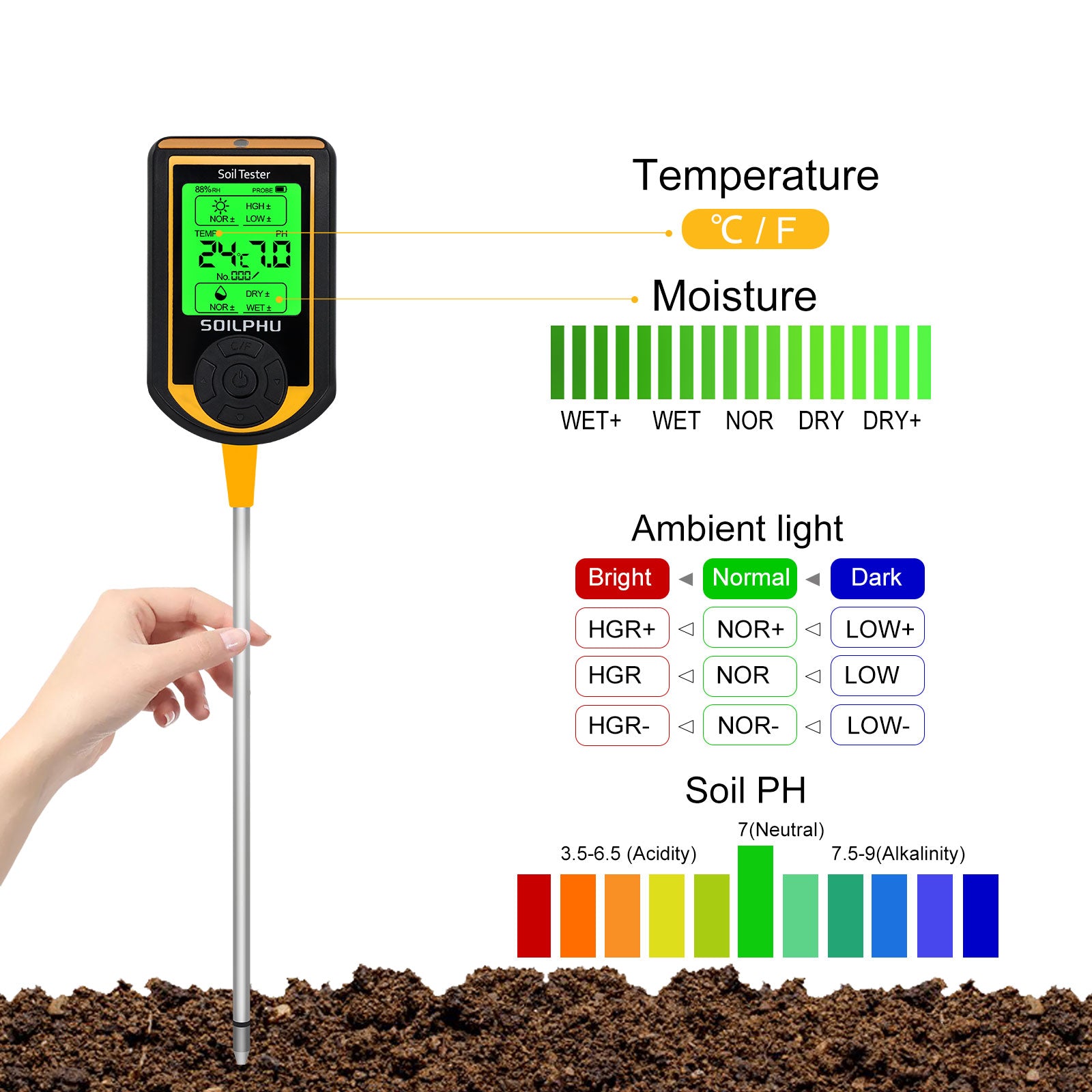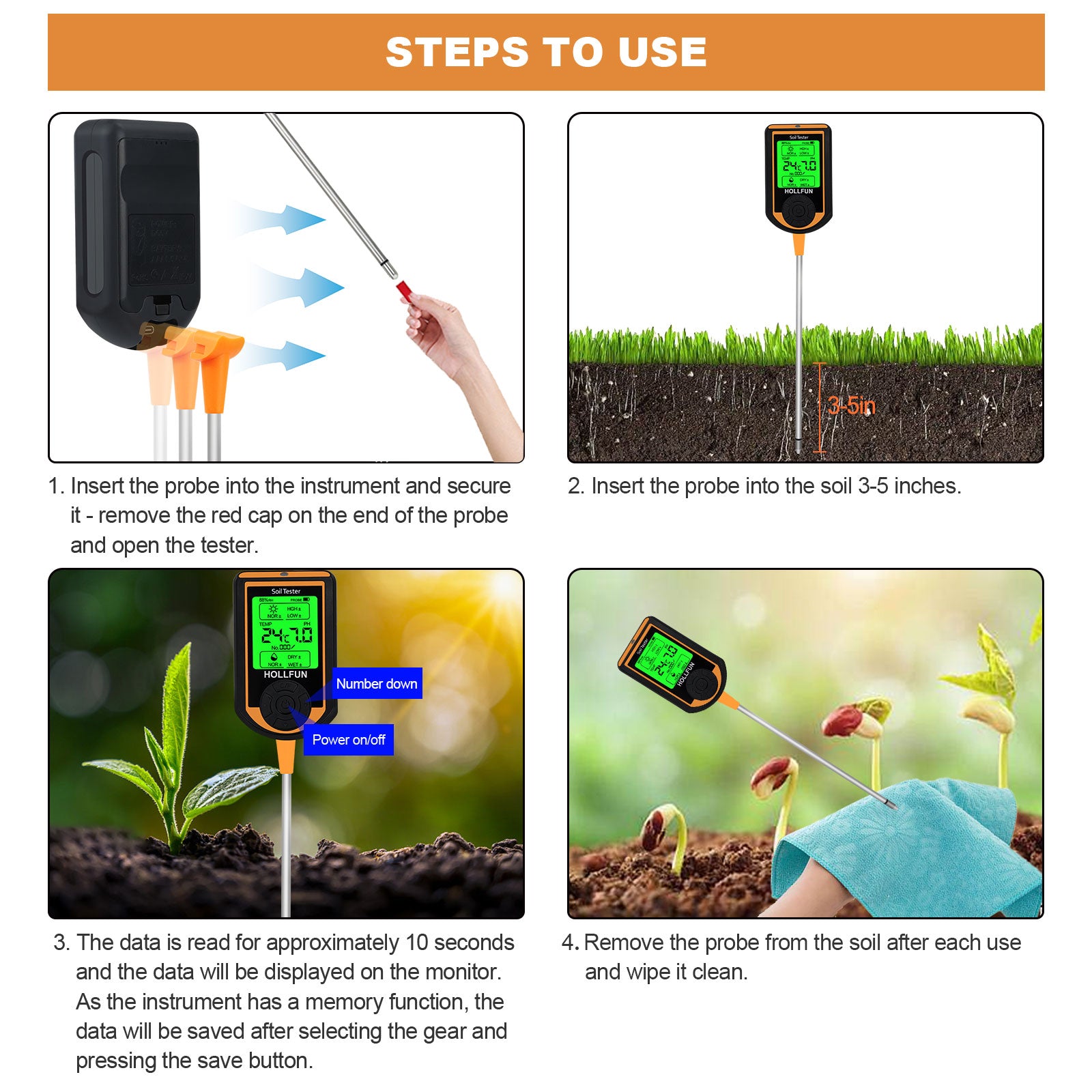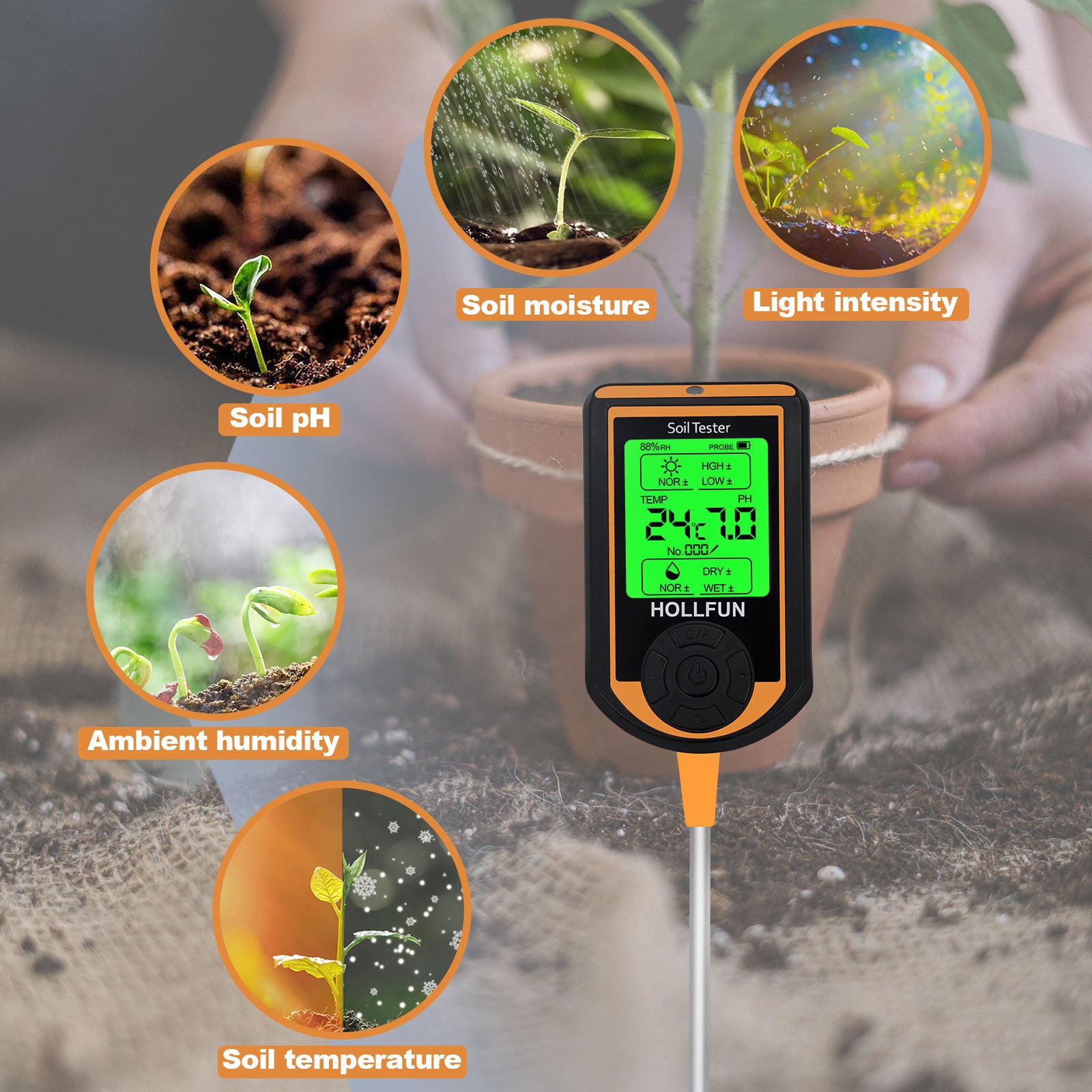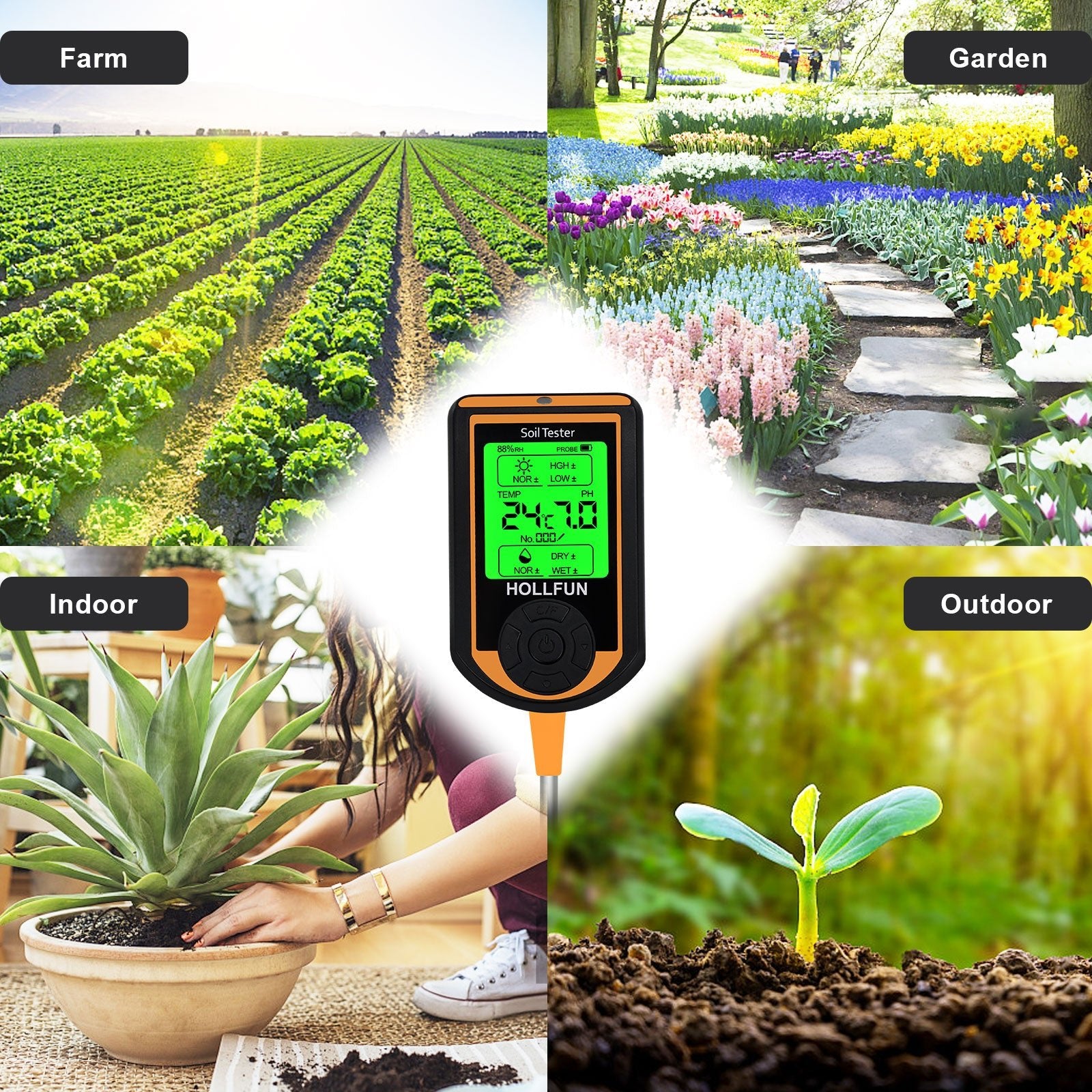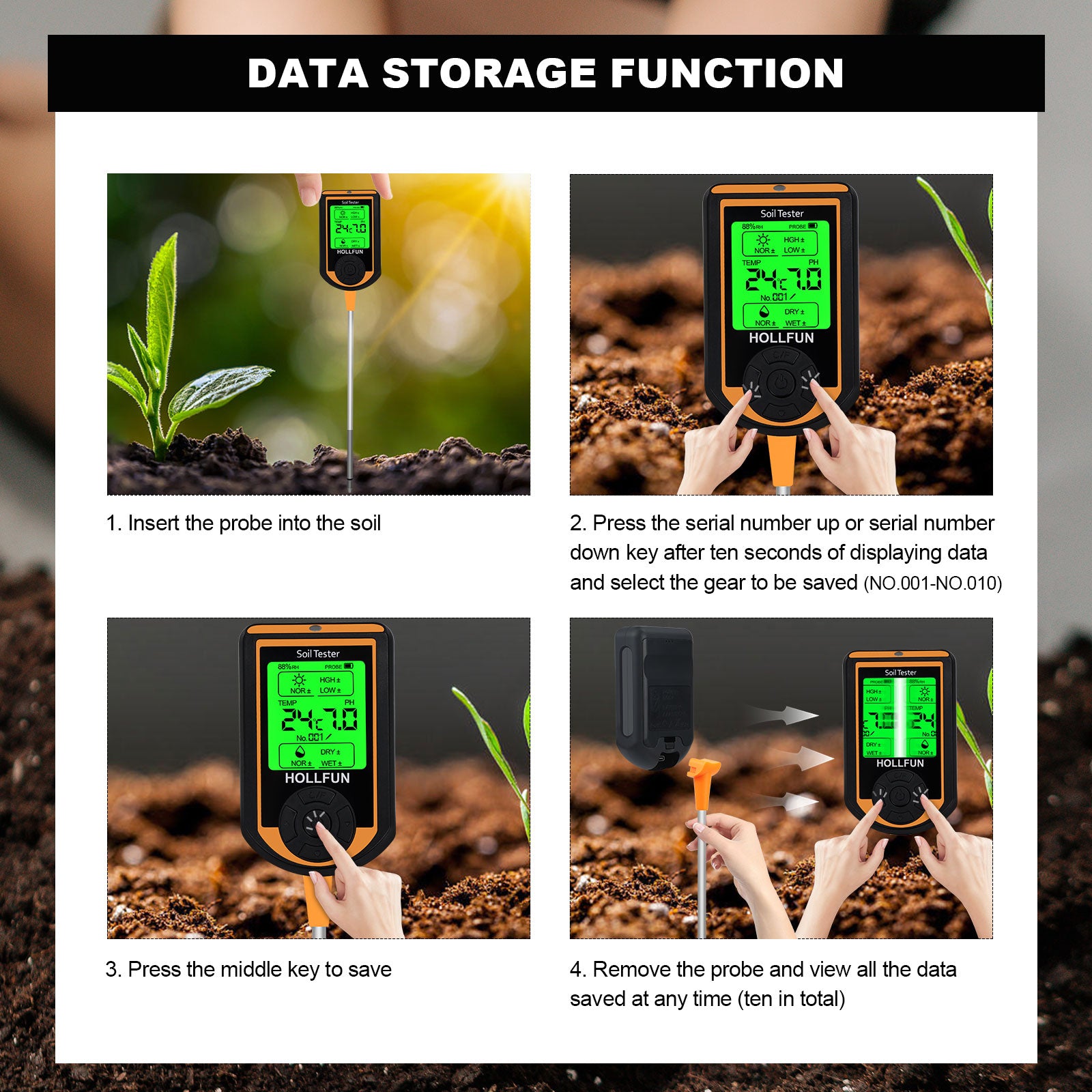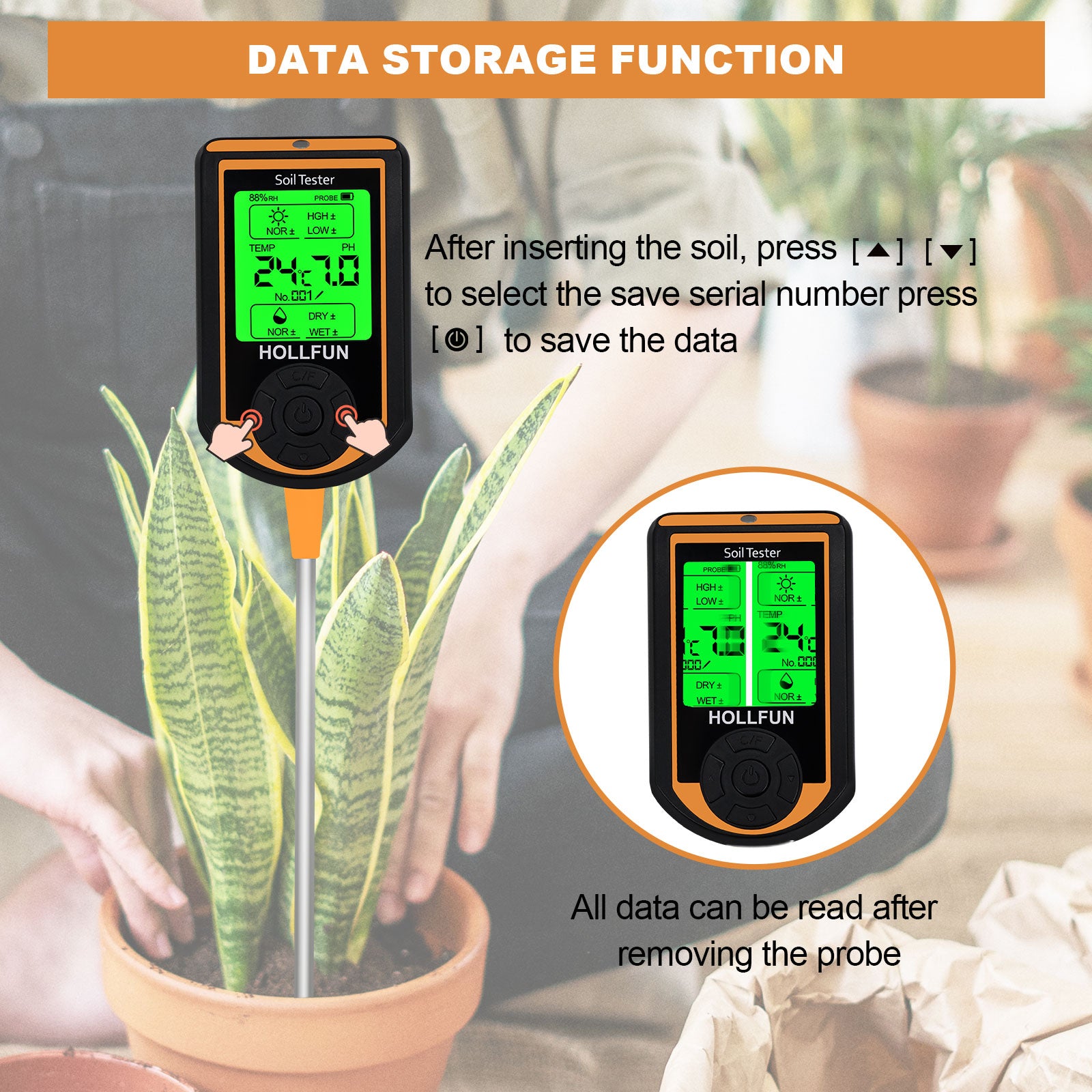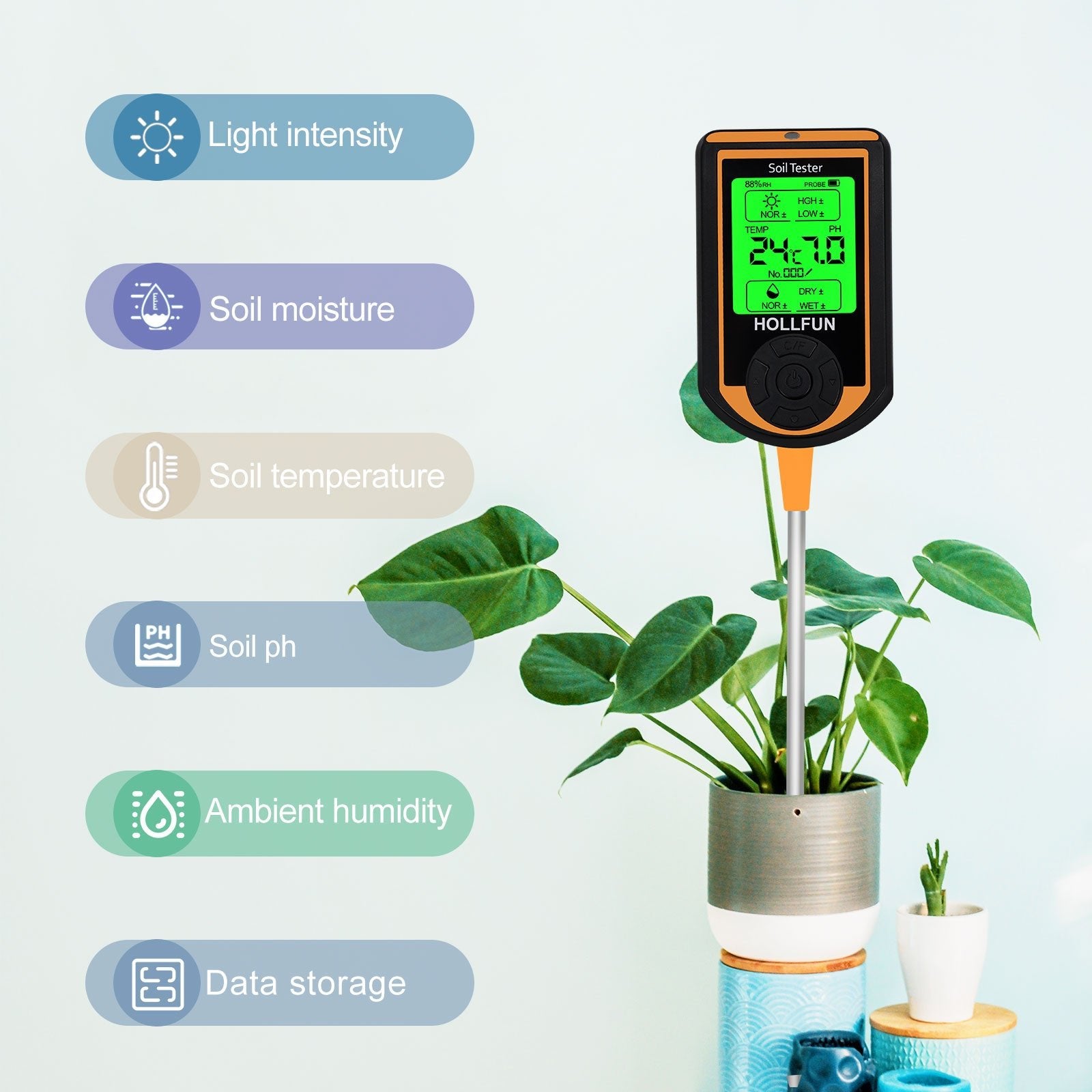Why is cultivation medium preferred?
- In life, when we want to grow flowers, we need soil, water and sunlight. Today, let's talk a bit about soil. Have you ever observed the soil of your own or your parents' plants? Is it loose or clumped together? Is it suitable for planting flowers? That's what we're going to discuss today.
Is it suitable to use garden soil for potted plants?
- This is because natural soil contains various microorganisms, earthworms and organic matter produced by the metabolism of animals and plants. This kind of ecosystem not only has self-healing properties to ensure soil looseness but also provides the necessary nutrients for the growth of garden plants. Using garden soil directly in cultivation containers interrupts the flow of substances and energy, disrupts its self-healing properties, and can lead to soil compaction, nutrient deficiency and hindered development of plant roots.
Q1: What is garden soil?
- Garden soil, also known as vegetable garden soil or field soil, is mostly obtained from vegetable plots, gardens and flower beds. In some cases, ordinary soil may also be used as garden soil.
Q2: What is cultivation medium?
- The medium used for container cultivation (potting soil) has gradually shifted towards using soilless or low-soil media in recent years. It is a mixture of various soilless media such as peat, coconut coir, perlite and vermiculite.
Q3: Differences between garden soil and cultivation medium
- (1) Garden soil may contain many undesirable elements, such as insects, harmful microorganisms and even weed seeds.
- (2) Garden soil tends to become compacted and lacks aeration, affecting the root system of potted plants, leading to issues like stunted root growth, waterlogged and anaerobic conditions, and inadequate nutrient supply to the roots.
- (3) Cultivation medium is horticulturally non-toxic, requires no sterilization, is lightweight, balanced in quality, and easily dries out, making it standardized.
- (4) Cultivation medium is loose and well-aerated, promoting healthy growth of plant roots, such as facilitates root extension, mixture of various media to ensure internal soil aeration, easily watering uniform and provides ample nutrients.
Q4: How should garden soil be selected and treated?
- Firstly, when selecting garden soil, avoid choosing yellow soil and heavy clay.
- Secondly, sieve the dug-up garden soil through a mesh to remove impurities and disinfect the retained soil. To enhance the fertility of garden soil, you can add river sand, well-rotted manure, leaf mold or compost to it. Similarly, to improve soil aeration, mix in an appropriate proportion of peat, vermiculite, clay granules, etc.
- Finally, in the maintenance of potted plants, regularly loosen and fertilize the soil to ensure the vigorous growth of your plants.



